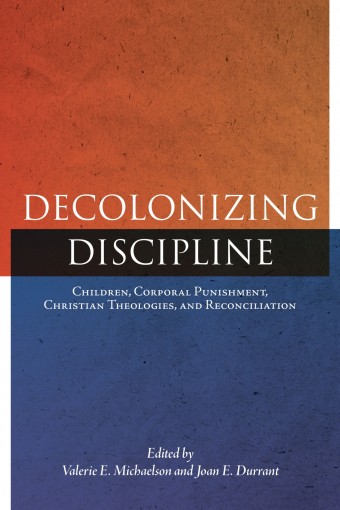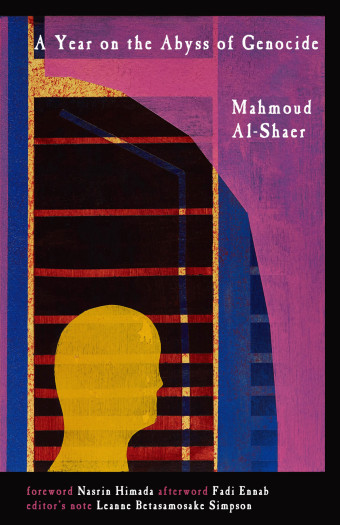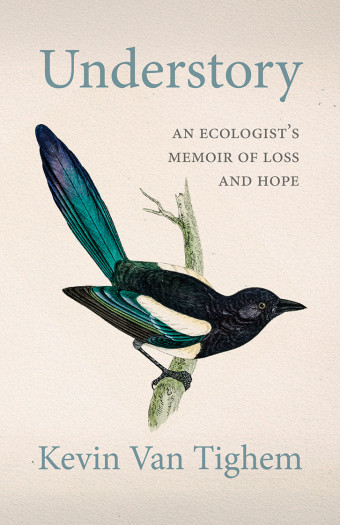Canada’s Truth and Reconciliation Commission (TRC) released 94 Calls to Action in June of 2015, urging reform of policies and programs in order to repair harms caused by residential schools. Call to Action 6 addresses repealing Section 43 of Canada’s Criminal Code, which allows the corporal punishment of children. Editors Valerie E. Michaelson and Joan E. Durrant responded to this call by bringing together diverse voices in Decolonizing Discipline: Children, Corporal Punishment, Christian Theologies, and Reconciliation.

- Decolonizing Discipline
- Valerie E. Michaelson (Editor), Joan E. Durrant (Editor)
- University of Manitoba Press
- $31.95 Paperback, 280 pages
- ISBN: 978-08-87558-65-8
When the TRC Calls to Action were released, Michaelson, an assistant professor in the Department of Health Sciences at Brock University, spent a lot of time thinking about the call to repeal Section 43.
“It surprised me – not because it was a Call to Action, but because it was a call to the Government of Canada,” she says. “My experiences in the church and studying theology gave me some insight into the power of theological messages, and how they can justify behaviours that are harmful – such as corporal punishment.
“I thought, ‘Why is this a call to action for the government? The church needs to own this one.’”
Michaelson contacted Durrant, a professor in the Department of Community Health Sciences at the University of Manitoba, and together they reached out to others for guidance, such as Mark MacDonald. MacDonald was then the Anglican Indigenous Bishop and is now the Archbishop of the newly formed, self-determining Indigenous church within the Anglican Church of Canada, and he ensured that First Nations, Inuit, and Métis voices were kept at the centre of the book.
“Having Indigenous ancestry from both his mother and father, and growing up among the Ojibway people, Bishop Mark has first-hand experience of the impact of the residential schools on the lives of families, and the ways that Indigenous concerns are woven into the fabric of Canadian life,” Michaelson explains.
A two-day forum at Queen’s University led to Decolonizing Discipline.

Durrant and Michaelson wanted readers to be able to examine the issue holistically. So, three distinct strands of expertise are woven together: First Nations, Inuit, and Métis knowledges and lived experiences; academic research evidence, with several of the authors from the health sciences; and the perspectives of church leaders and Christian theologians.
Durrant notes, “It’s very unusual to have these three distinct groups collaborating on a common project, but every author we invited to participate was very excited about the opportunity to contribute to such an interdisciplinary exploration of the issue. When we put all the pieces together, a powerful narrative began to emerge.”
Despite the evidence of the lifelong harm corporal punishment causes children, Canada has still not repealed Section 43.
“This book is just a very early step in true reconciliation,” Michaelson says. “Our hope is that this work will push boundaries, begin conversations, and help bring an end to harmful practices that have been taken for granted as normal.
“Ultimately, our goal is to participate in shaping this country into one in which violence against children is unthinkable. Illuminating some of the forces that have contributed to the colonization of discipline and imagining a new way forward is one step toward this goal.”













